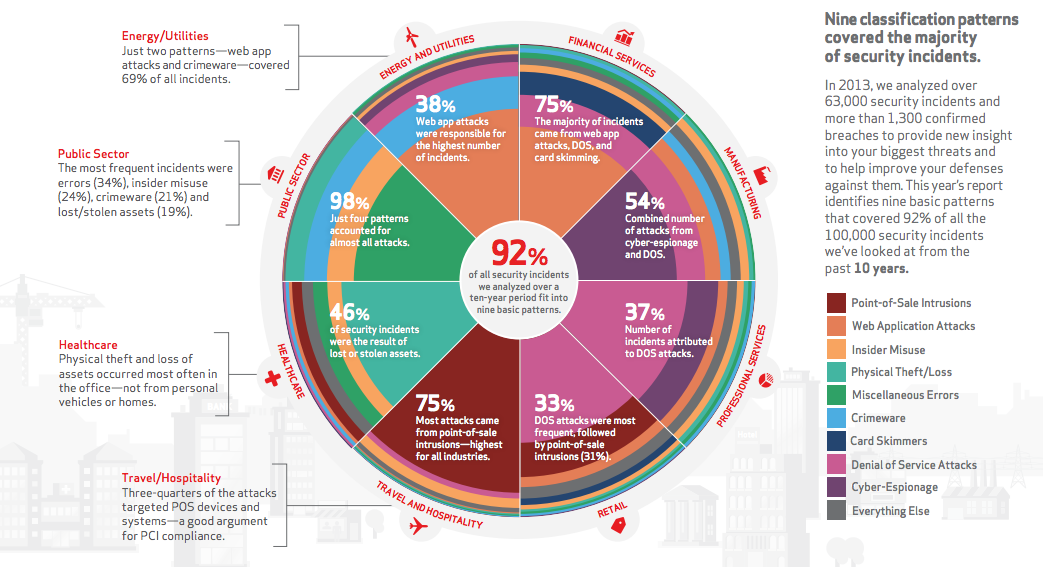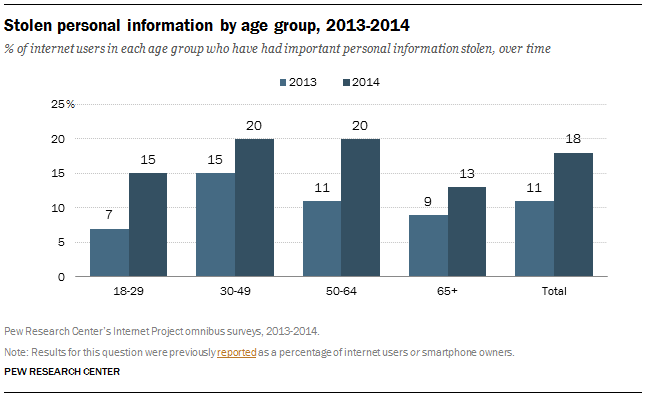In our May cover story, “Making Cents of Bitcoin,” I wrote about the risks of bitcoin and other digital currency given the current lack of regulation or oversight. Without more guidance and structure for digital currency, the extreme risks of volatile values and considerable illegal activity are simply too high to generate viable widespread adoption.
As Cyrus R. Vance, district attorney of New York County, said, “Without stronger government oversight in this area I believe we are going to be permitting cybercriminals, identity thieves and even traffickers of child pornography and other criminal actors to operate in what would be a digital Wild West.”
In March, the Monetary Authority of Singapore (MAS) announced plans to require intermediaries that facilitate digital currency exchange to verify customers’ identities and report suspicious transactions. Here in the United States, the Financial Crimes Enforcement Network issued guidance stating that anyone operating an exchange for virtual currencies would be considered to be running a money transmitting business.
By doing so, FinCEN required exchanges to collect information about customers, as mandated under Bank Secrecy Act regulations intended to prevent transactions through anonymous accounts. The IRS also announced plans to tax bitcoin as income or property, not currency. Yet no country had really taken action to regulate virtual currency.
Now, Canada may become the first nation to try. One provision of a new Canadian budget law amends anti-money laundering and counter-terrorist financing laws to regulate virtual currencies, the Wall Street Journal reported. The measure makes digital currencies subject to the same reporting requirements as other money-services businesses.
According to the WSJ:
In addition to the money services business treatment, digital-currency exchanges will have to register with the Financial Transactions and Reports Analysis Centre of Canada, or Fintrac. With that registration comes requirements to report suspicious transactions, keep certain records, implement compliance programs and determine if any of their customers are politically exposed people. And the law is extraterritorial: It captures foreign companies that have a place of business in Canada and those directing services at Canadians.
“Canada approving a national Bitcoin law as a matter of anti-money laundering law should not be discounted,” Canadian barrister and solicitor Cristine Duhaime wrote on her firm’s website. “It is important not only because it may be the first Bitcoin national law but also because most countries may now follow suit because of their membership in the Financial Action Task Force.”
The FATF is an international body that sets standards on anti-money laundering and counter-terrorist financing policy. Failure to comply with those standards can result in a country being blacklisted as high-risk or uncooperative, making it more expensive and more difficult to do business with member states.
According to Duhaime, the five most important aspects of the new legislation are:
- Regulates Bitcoin as MSB – Bitcoin dealing, more specifically referred to as “dealing in virtual currencies” in Bill C-31, will be subject to the record keeping, verification procedures, suspicious transaction reporting and registration requirements under the PCMLTFA as a money services business.
- Does not define “dealing in virtual currencies” – The phrase “dealing in virtual currencies” was left undefined and it is not known what the defined term will encompass in terms of business activities once defined by regulation.
- Registration with FINTRAC – Bitcoin dealers will be required to register with FINTRAC and if successfully registered, to implement a complete anti-money laundering compliance regime.
- Captures foreign Bitcoin companies targeting Canada – Bill C-31 extends to: (a) entities that have a place of business in Canada; and (b) entities that have a place of business outside Canada but who direct services at persons or entities in Canada. Bitcoin businesses in Canada, however, that provide services to persons or entities outside of Canada are exempt from Bill C-31 for those external services.
- Prohibits banks from opening accounts for Bitcoin entities if unregistered – Under Bill C-31, banks will be prohibited from opening and maintaining correspondent banking relationships with Bitcoin dealers that are not registered with FINTRAC. This is an extremely important aspect of Bill C-31 and Bitcoin businesses should ensure they understand what a correspondent banking relationship is and how it can affect the provisions of banking services to them.
Implementation of the new Canadian law may take up to a year, Dunhaime wrote.





